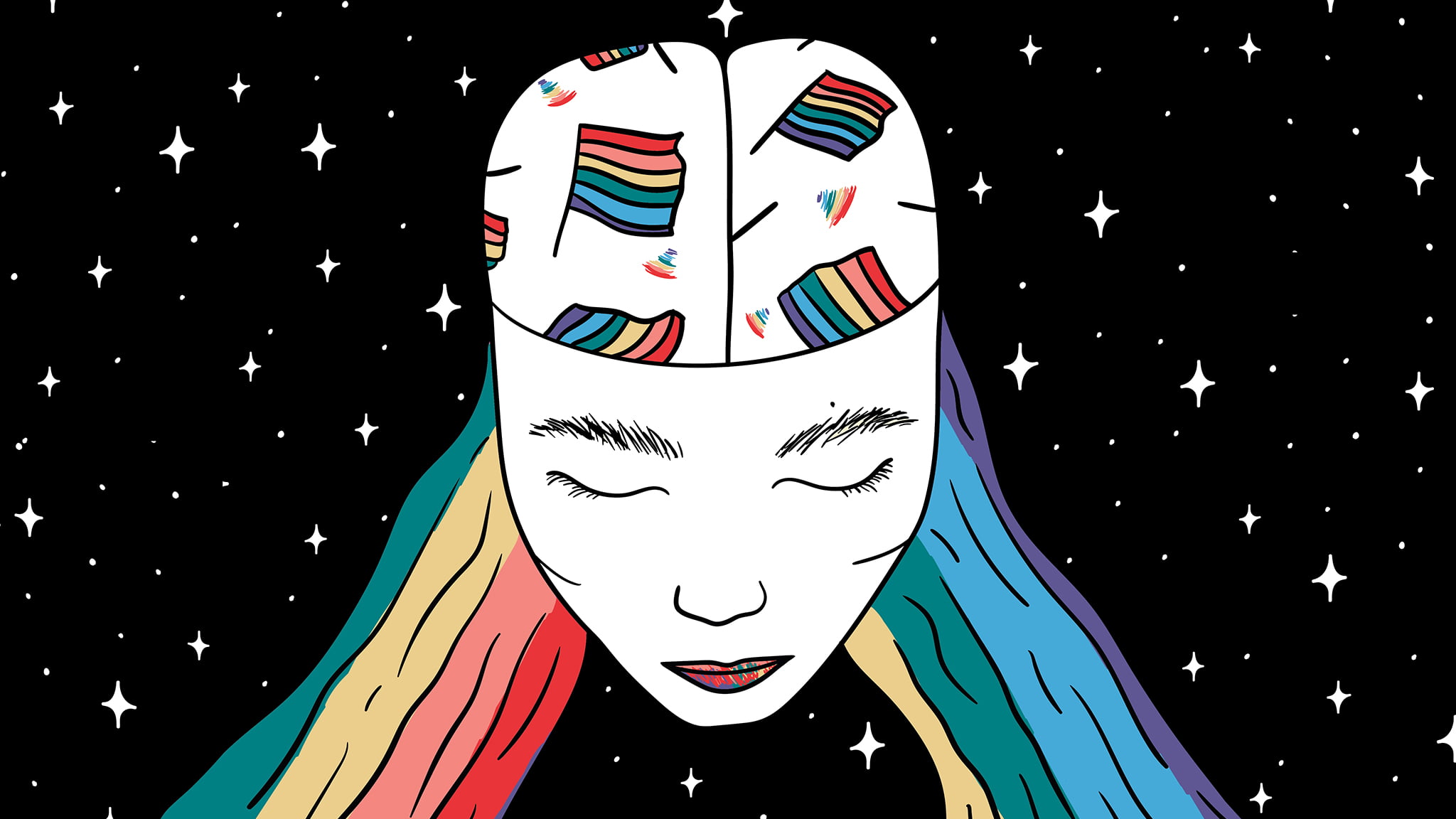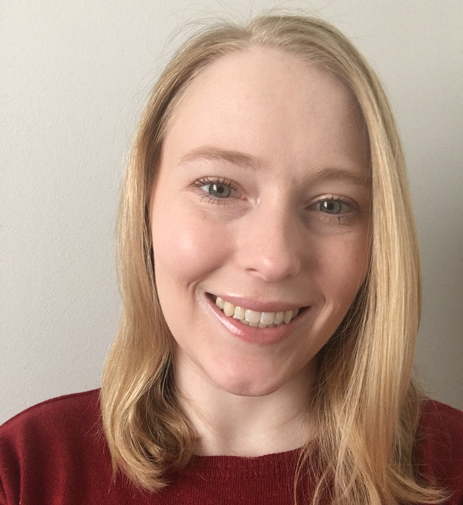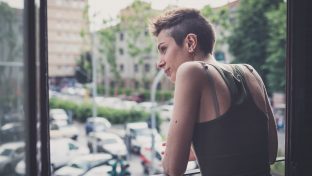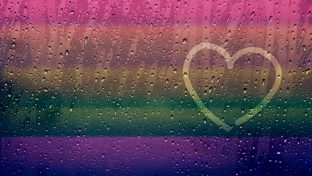Though Western society has made strides towards accepting LGBTQ+ people in recent years, loneliness is still a prominent part of many queer people’s lives.
Key Takeaways:
- Feeling as though you can’t come out can create feelings of loneliness, as can the fear of rejection if you do decide to come out.
- Choosing the way you come out and finding a community of people, whether online or offline, can help you to feel happier and more accepted as a queer person.
- It’s also incredibly helpful to learn to love and accept yourself — which can be easier said than done, for some.
“Do you like him?” a friend of mine demanded as we stood in my apartment, staring at the cupcakes and stuffed animal a guy friend had given me for my birthday.
No, I thought to myself. I was startled by how quickly I had the thought, and instead, I said, “I don’t know.”
Later that night, I mulled over my friend’s question.
Why didn’t I have feelings for my guy friend?
On paper, he was everything I thought I’d want in a boyfriend: funny, kind, smart, and many of his beliefs aligned with my own. I reasoned that sometimes people just don’t click and that some people are better off as friends.
A short while later, however, I was struck with the realization that, though I’d just turned 20, I’d never really had a genuine crush on a guy.
I never thought I was anything other than straight — mostly, I finally realized — because I never thought anything else was an option for me.
The reality that I might not be straight terrified me, but when I started asking myself questions about my sexuality, I couldn’t stop.
Why are so many queer people lonely?
The History Of Queer And Gay Loneliness
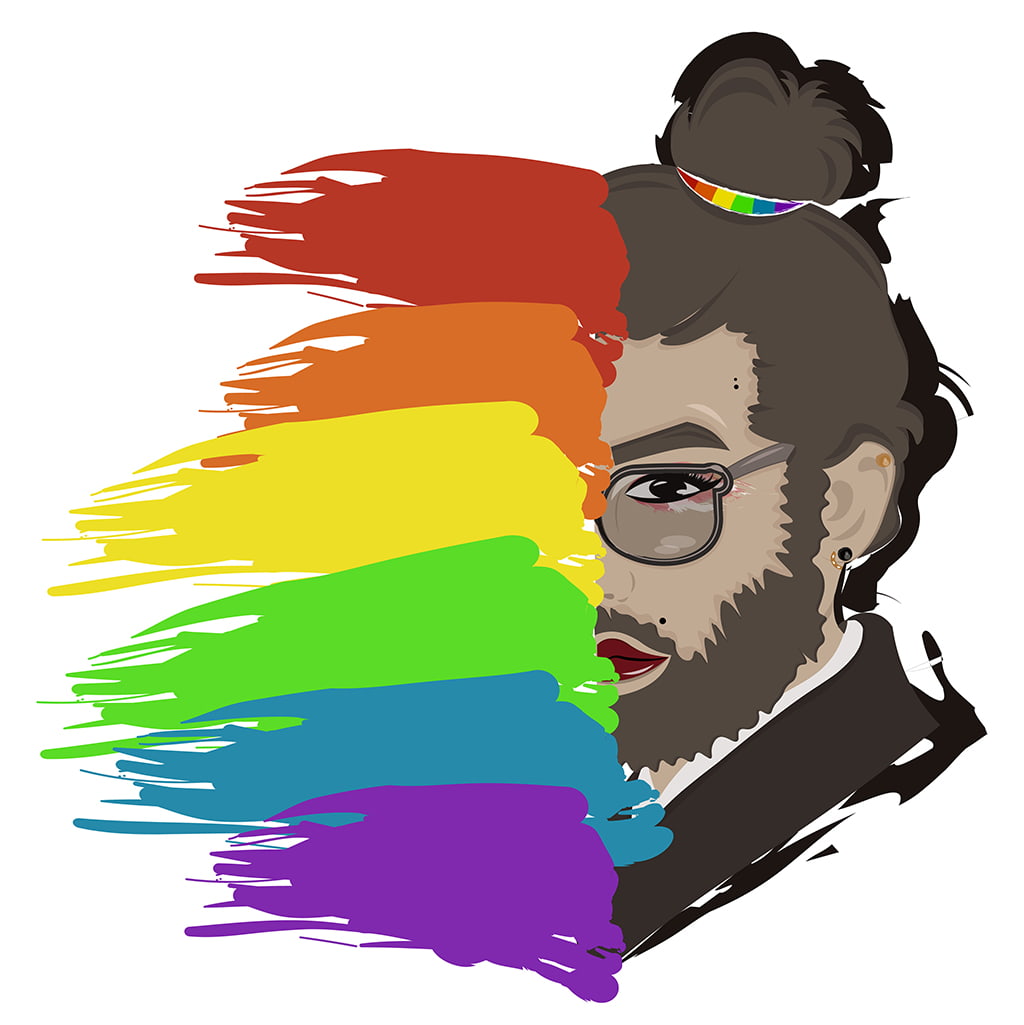
What Does It Mean To Be Queer?
Usually, being queer is an umbrella term that refers to anyone who isn’t heterosexual and/or who isn’t cisgender (those who identify with the gender they were assigned at birth).
The term has historically been used as a slur, but it has been reclaimed by many people in recent years, particularly by Millenials and Gen Z.
Since the term encompasses the whole of the LGBTQ+ community, ‘queer’ isn’t necessarily synonymous with ‘gay.’
People who are bisexual, transgender, lesbian, gay, etc., may refer to themselves simply as queer to describe their sexuality and/or gender identity.
Historically, queerness and loneliness have been intertwined with one another.
Studies about queer loneliness generally are centered around gay men and their experiences with loneliness, but there is anecdotal evidence that also suggests that people from all parts of the LGBTQ+ community are likely to experience loneliness related to being queer.
Kryss Shane, a public speaker, LGBTQ+ activist, and licensed social worker in New York and Ohio, has spent years working with people within the queer community.
She tells me:
“Some queer people have been ostracized by their families, further causing isolation. Plus, some areas of the world are unsafe for queer people, causing some to become more introverted and to spend more time at home rather than socializing in the community, both of which only further restrict a person’s access to interactions with others.
There are also some who are not yet out to themselves, causing an internal emotional struggle and disconnect, which can be the scariest and loneliest feeling of all.”
While studies about queer loneliness are recent, loneliness in the queer community has been a long-standing problem in the Western world.
Outside of Western culture, however, there were various time periods in which being queer was viewed as common practice, so long as certain social norms were followed.
In ancient Rome and Greece, there is evidence that men were often in relationships with one another. Although there were general guidelines for same-sex relationships — men were supposed to be around the same age as one another, and certain sex acts were prohibited — it was still generally acceptable to be in a same-sex relationship.
Queer relationships in ancient Rome were frequently depicted in art. There are fewer depictions of same-sex relationships between women, but they do still exist.
Well-known depictions of queer individuals include poems from Sappho, a woman who frequently wrote about her love for other women, and the Warren Cup, an ancient silver cup that depicts men in intimate relationships with other men.
In recent history, however, being queer has often meant being ostracized.
During the AIDS crisis, which spanned from the early 1980s to the mid-1990s, thousands of people, especially gay men, died — by 1995, over 320,000 people died from AIDS in the United States alone.
Many people, including politicians and medical professionals, didn’t want to interact with people with AIDS, leaving queer women to step in to support those affected by AIDS.
As a whole, the entire queer community was ignored and isolated.
Gilson, a queer man who grew up in the midst of the AIDS crisis, had mixed feelings when he realized that he wasn’t straight. He tells me:
“For a good portion of my childhood, my mom’s favorite brother, my uncle Dennis, a gay man, lived with us as he was dying of AIDS. My parents were fully accepting of him and modeled for me what it meant to care for people, no matter who they are or what they are facing.
“At the same time, I was becoming increasingly involved in my youth group at a Pentecostal megachurch in the Missouri Ozarks. Perhaps obviously, this wasn’t the most LGBTQ friendly environment, to say the least. So I mostly buried acting on my queer identity until I left the church my first year of college.”
Prior to the AIDS crisis, being queer was often treated as a mental illness.
The American Psychiatric Association only removed the term ‘homosexuality’ from its Diagnostic and Statistical Manual (DSM) in 1973, and the WHO (World Health Organization) only recently reclassified the terms ‘transgender/gender incongruence’ from the mental health category to the sexual health category in its updated ICD (the International Classification of Diseases).
Despite de-medicalizing queerness, and despite improving attitudes about queer people, queer people of all ages are still more likely to experience loneliness than those outside of the LGBTQ+ community.
Why Do Queer People Often Experience Loneliness?
It is so distracting and nerve-wracking to go about your day with always a part of you feeling like you’re hiding something. It sucks so much energy out of you and I needed that tension to be released to feel like I could actually live my life. It was a relief [when I came out] and was just so nice to know I didn’t have to do it again. – Max, Chicago
- Isolation If You Can’t Come Out
Coming out is a milestone in many queer people’s lives.
Some people choose to post on social media, while others prefer to write letters to loved ones. Others may not feel the need to formally come out at all.
Although coming out is generally considered positive for a person’s health, coming out isn’t always a quick or easy process.
Those who rely on unaccepting family members financially can feel especially isolated since moving out often isn’t an option, and coming out may put their well-being at risk.
In these situations, it’s often best to prioritize safety and wait to come out, even though it can feel isolating.
Kryss Shane, an LGBTQ+ activist, author, and licensed social worker has worked with queer people who are at different stages of coming out.
She tells me:
“Most importantly [when considering coming out], stay safe. If you need, wait to come out in a big way until you are financially independent and find small ways to live authentically while you prepare your resources.
If you are feeling unsafe, call The Trevor Project to talk things through. People will love you for exactly who you are. The world needs you to be you.”
For Jonathan Mendoza, a young man who grew up in a religious family, the idea of coming out made him anxious.
He tells me:
“When I first really began to give [being gay] thought, I would get so scared; sometimes, I’d get very lightheaded, almost as if I was on the verge of a panic attack.
I was raised in the Catholic Church and my mother was very religious, so it was terrifying to me that I was even having these thoughts of the potential of being attracted to men.”
Even if you’re fairly sure that your loved ones will react well when you come out to them, the process of coming out can still be scary.
When I came out to my mom almost three years ago, I remember shaking and tearing up as I told her. I was certain that she wouldn’t be upset, but I was still terrified.
Max, a young man from Chicago, realized that he was gay when he was in middle school. Though he grew up knowing his parents were friends with other queer people, he also still worried about coming out.
“I knew [coming out] was scary and I hated having that stress loom over me — I just needed it to go away,” Max explains to me.
“It is so distracting and nerve-wracking to go about your day with always a part of you feeling like you’re hiding something. It sucks so much energy out of you and I needed that tension to be released to feel like I could actually live my life. It was a relief [when I came out] and was just so nice to know I didn’t have to do it again.”
- Potential Rejection From Family And Friends
As an adult, I’ve realized that I still appreciate my family and friends’ approval, even though it’s not strictly necessary for me to be happy in life.
I soak up others’ emotions like a sponge, and I genuinely want others to be happy.
I’ve spent years in the closet, not because coming out will be unsafe — I’m fortunate to have a solid support system and know that my well-being won’t be put at risk — but because I’m afraid of the potential rejection and disappointment I may be met with from the people I love.
Kryss Shane, an LGBTQ+ advocate we spoke with earlier, has worked with various individuals who have worried about rejection.
“Research shows that the difficulties [queer people face] are not typically tied to a person knowing who they are, but in the fears of not being accepted by their loved ones or by society,” Kryss tells me.
“As a result, the more we can all do to show support for LGBTQ+ people and the more we all advocate for inclusion, the easier it will be for LGBTQ+ people to live authentically.”
When a person rejects something that is an inherent part of you, it feels like that person is actually rejecting you. You can’t split parts of yourself up into tiny pieces, after all, and love that comes with conditions doesn’t feel genuine.
Michael Hobbes writes about the way fear of rejection and being closeted can affect queer people in his article “Together Alone: The Epidemic of Gay Loneliness.”
“Being in the closet is like someone having someone punch you lightly on the arm, over and over. At first, it’s annoying. After a while, it’s infuriating. Eventually, it’s all you can think about. And then the stress of dealing with it every day begins to build up in your body.”
The isolation, stress, and sadness of being closeted can build up over time.
Ultimately, many people choose to come out when the stress of being closeted outweighs the potential for rejection.
I can’t say that I still don’t fear the potential rejection I could experience in the near future when I come out to loved ones — but I can say that I no longer allow that fear to consume me.
- Feeling Isolated Without A Community
Growing up in a relatively conservative area and being raised as a Christian, I didn’t know anyone who was openly queer.
Whenever I returned to my hometown, I felt as if I was the only queer person in my area — it was a lonely feeling because I felt like I was without kindred spirits.
One study suggests that queer people who live in rural communities are less likely to be out and more likely to feel guarded.
Though there are various reasons this could be the case, the lack of queer communities can make queer people feel isolated, which can have negative effects on people’s physical and mental health.
Likewise, a lack of acceptance in rural conservative communities can contribute to loneliness.
Though my community was more suburban than rural, there was definitely a lack of openly LGBTQ+ people — most queer people came out after graduating high school.
When schools in my area tried to form clubs such as the Gay Straight Alliance (GSA), there was pushback from many people in the community.
Dr. Michael Johnson is a registered nurse (RN) and has a PhD in psychology.
He is also an assistant professor at the University of Wisconsin-Milwaukee and writes for the Lavender Health LGBTQ Resource Center, a site that provides a multitude of resources that pertain to the well-being of queer people.
There are various types of isolation that queer people experience, he explains, including social and cognitive isolation, and both types of isolation can occur when a queer person doesn’t have access to a trusted community.
“Social isolation refers to LGBT youth who are not able to talk to anyone about his or her sexuality,” Dr. Michael Johnson tells me. “This concept is made up of four sub-dimensions, including lack of social support, no contact with LGBT community, social withdrawal, and victimization.”
“Cognitive isolation [occurs when] LGBT youth often do not have access to LGBT-specific information or LGBT role models. Much of the information they are exposed to is negative and harmful, and thus only reinforces the feeling of isolation.”
Personally, I didn’t truly realize that I had felt loneliness relating to being queer until I moved from my hometown and began to see openly queer people.
Suddenly, I didn’t feel so different or alone. Knowing that being queer is more accepted in my area makes me feel safer and gives me hope for my future.
Connecting with others is beneficial to your health, and it’s always nice to share your experiences with people who get it.
For many queer people, even a small community of supportive people can be the difference between feeling loved and feeling isolated.
What Are Positive Ways To Cope With And Overcome Loneliness As A Queer Person?
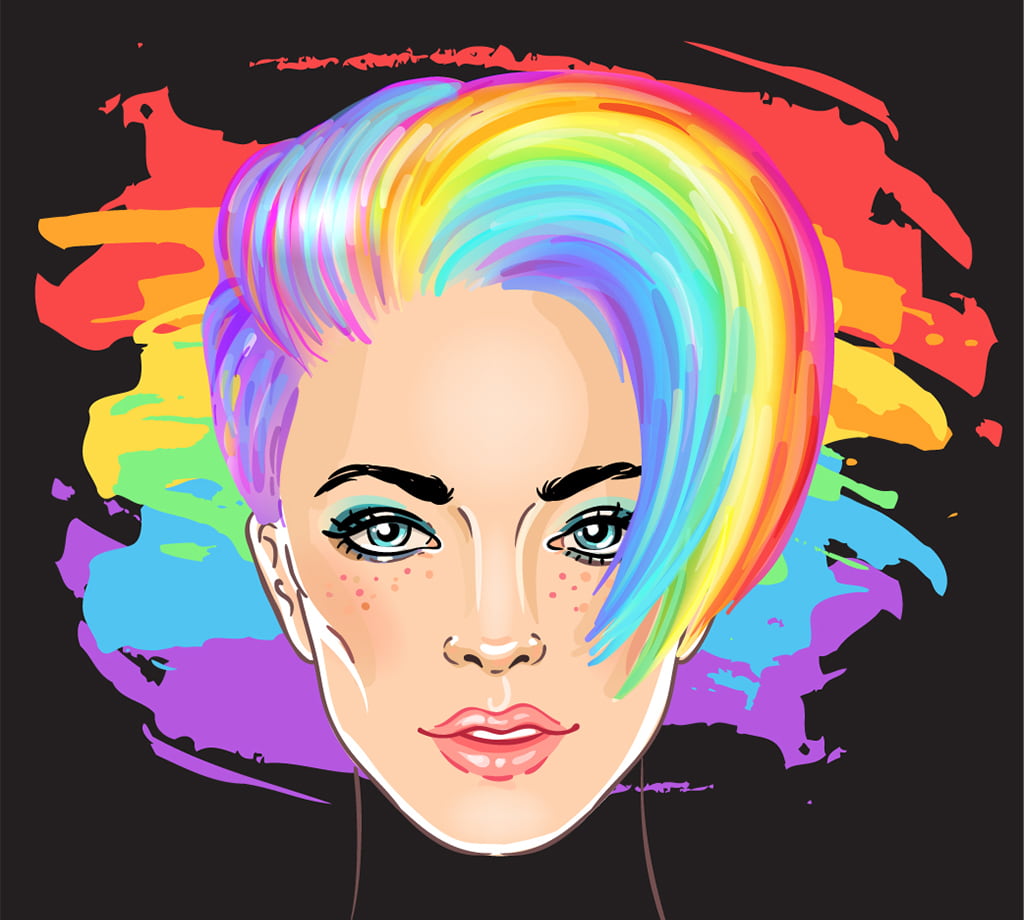
Whether you’re in the closet or out and proud, it’s helpful to know how to keep loneliness at bay and what to do when you are lonely.
Realizing that I didn’t have to come out to everyone at once was a relief.
Though I know people who came out using social media, this route didn’t feel right for me. I want to give those closest to me time to process the information I’ve given them, especially those whose reactions I can’t entirely anticipate.
For me, that means writing out how I feel and also offering resources that could help people understand what it means to be queer.
Kryss Shane, a queer activist and author we’ve spoken with, adds that coming out looks different for everyone. She tells me:
“There is no timeline [to coming out], this is your path and your process. Start small; choose one person who you know is accepting and come out to them. Do what you need to do in order to feel safe and then gain allies to support you as you work to live an authentic life.”
Going to therapy and learning to set boundaries before coming out to everyone in my life has also been invaluable to me.
I understand that it will take time for some people to process the fact that I’m queer, and I don’t plan on asking anyone to go with me to a pride parade as soon as I come out.
That said, I know that I won’t tolerate someone telling me that my feelings are wrong or sinful, that what I feel is a choice, or that I should change.
Knowing how to kindly but firmly put these boundaries in place with those I love has helped me feel confident in the meantime.
Part of setting boundaries also means recognizing that you don’t have to come out to everyone in your life, especially if you don’t think that the person in question is willing to listen and talk openly with you.
Laura, who identifies as bisexual, came out to herself in her early twenties when she realized that her feelings for women weren’t just part of a phase.
Laura was selective in choosing who to come out to when the time came.
“I came out to my friends and my partner, a cis heterosexual man, when I was 23 or so, and to my parents and all my Facebook friends in when I was 26,” Laura explains to me.
“My parents were supportive, as I always knew they’d be. I haven’t told every single member of my family, but it’s not a secret anymore.”
Finding people who are a part of the queer community and receiving support from friends and family can also be incredibly beneficial.
Knowing that you can talk to someone who has experienced what you’re going through or who can offer advice makes being queer feel normal.
Louie Mac, a freelance journalist in Washington, D.C., identifies as a gay man. Since coming out and connecting with others, he’s felt less alone.
“I have felt so much happier and at peace since stepping out of the closet,” Louie tells me. “Now that it’s not some terrible dark secret, I am able to connect with other people like me who have been and are going through similar things.”
“I don’t have to settle for some fly-by-night romance either. I am more comfortable approaching guys that I am actually interested in and my life has been better for it.”
If you live in an area where you aren’t able to connect with many queer people, reading books and listening to podcasts that are created by queer people can help you to feel a sense of connection.
You can also connect with people, many of whom are willing to talk with others about their experiences being queer, by searching common hashtags, such as #queer, #gay, or #lgbt on Instagram, Tumblr, and Twitter.
As I listened to lesbian women, bisexual women, and women who simply didn’t identify as straight, I saw myself in their stories.
Although it sounds cliche, accepting myself has been a big part of feeling less lonely. Being queer doesn’t change who I am, and it’s also not a contradiction to my personal beliefs.
Q, who identifies as agender — meaning that they don’t align themselves with any specific gender identity, such as male or female — and queer, began to suspect that they were queer in their teens but initially denied their feelings.
It was only when Q began to understand and accept their queerness that they began to feel happier. Q tells me:
“After I made peace with how [being queer] fits and sits in tension with my faith and how it’s an immutable part of who I am, I embraced it as simply a part of the many facets that compose who I am.
And like the other aspects about myself — like my freckles, my propensity to make dumb jokes or my goofy laugh — I love and embrace it as a vital aspect of who I am.”
Closing Thoughts
There are various reasons loneliness and queerness are frequently connected — but if you’re queer and lonely, you definitely are not alone.
If you’re part of the LGBTQ+ community, consider asking yourself why you might be lonely.
Are you upset that no one knows about your queer identity? Are you worried about how others will react when you come out? Do you need to find a community of peers?
Being lonely is part of being human sometimes, and it can take time for you to feel less alone.
However, as horrible as being lonely feels, it doesn’t have to be permanent.
By finding people who love you for who you are, spending time with other queer people, and learning to love yourself, you can slowly begin to trade loneliness for happiness and start to feel whole.
Editor’s Note: This article is part of The Roots Of Loneliness Project, the first-of-its-kind resource that comprehensively explores the phenomenon of loneliness and over 100 types we might experience during our lives.
Find Help Now
If you’re struggling with queer loneliness, we’ve put together resources to meet you wherever you are — whether you want someone to talk to right now, or are looking for longer-term ways to help ease your loneliness.

